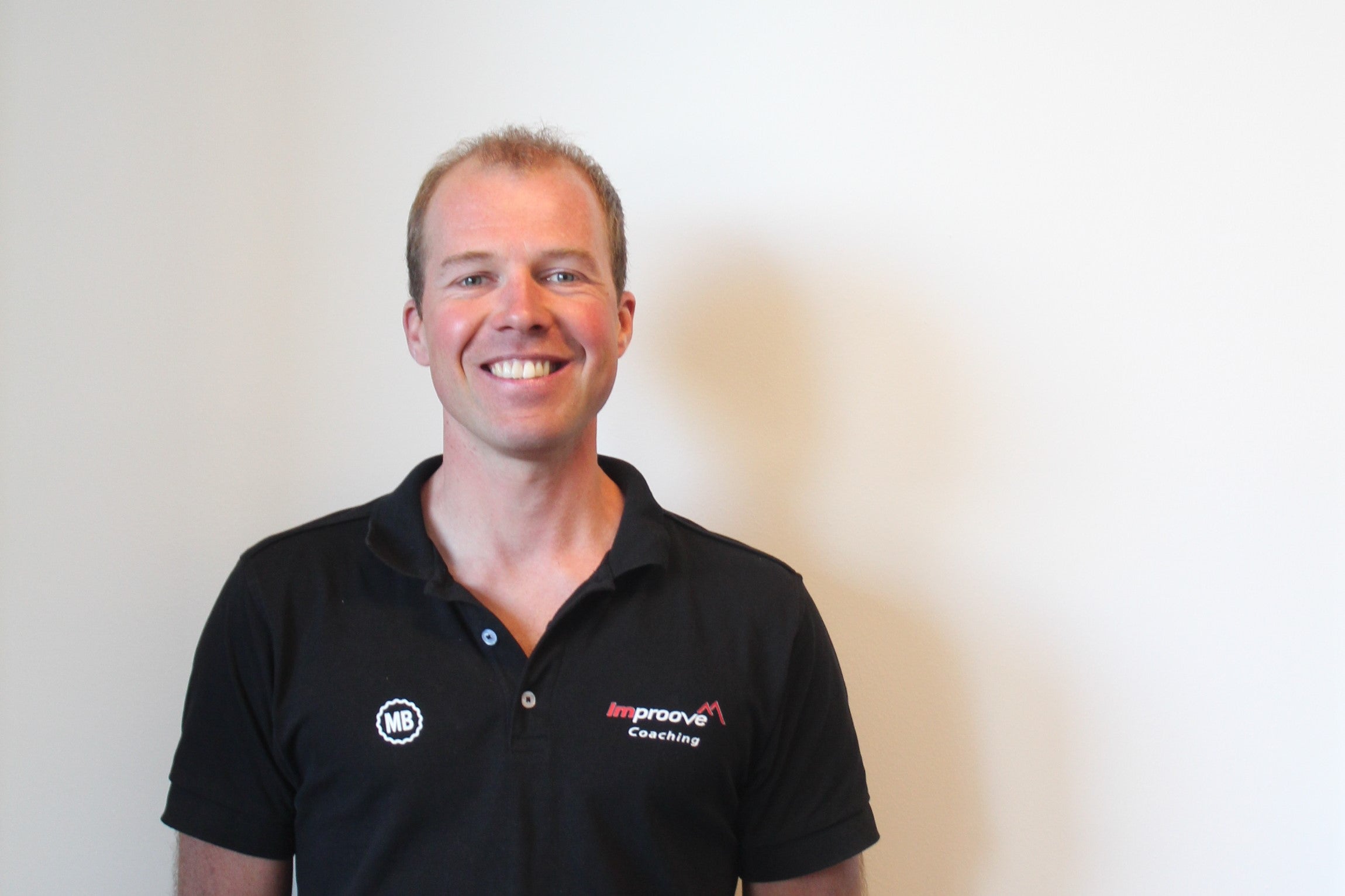"After my studies, I started working at cycling team Argos-Shimano through a fellow student. After this year, I joined the Belgian Energy Lab, a company that helps recreational and competition athletes improve their performance. I mainly worked in their first office in the Netherlands, in Eindhoven. Here I administered exercise tests, did DXAscans and created many training schedules for both recreational and competitive endurance athletes. After five years, I got the opportunity to start my own business since Energy Lab withdrew from Eindhoven. Since then, I have increasingly focused on the competitive cyclist. The daily guidance now covers 70-80% of my work. Activities in my own lab (exercise tests and body scans) cover about 20-30%. I share this lab space with someone else who focuses primarily on bikefitting."
"The basic physiological knowledge I learned at Human Movement Sciences, I put into practice almost daily. The practical application of processing knowledge and information into a training schedule, I predominantly learned at Energy Lab. In my opinion, human movement scientists are skilled in separating main issues from side issues. This helps me to decide where I should or should not put my energy into when coaching an athlete. In addition, the critical view that I have built up at the VU helps me to better assess the value of new insights and measurement methods. Finally, the network and experience that I have built up during my time as a student have proven invaluable."
A tip from Cees-Jan: "Put time and energy into building a network, even though you may not be sure yet about the field you want to work in. For me, this insight came quite late in my studies. By taking related courses and doing projects outside of your studies, you find out more and more which direction you want to go in. You also build up an ever-expanding network that you can often put to good use at the start of your career. Being in a student Board (for me at SKITS) has also brought me a lot, especially in the social field."
